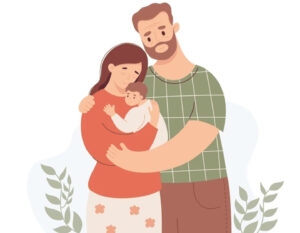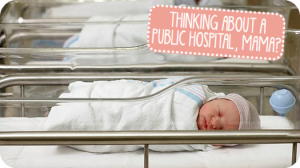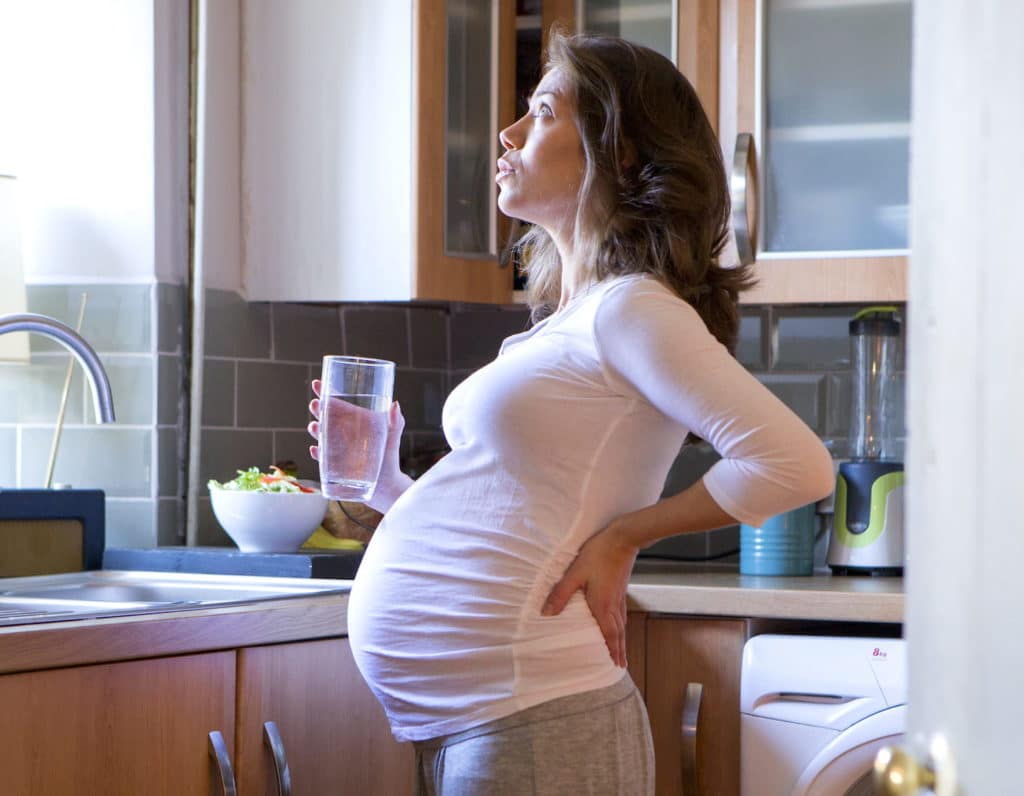
You can do it, mama!
Mama, congratulations! Your strong body has grown a tiny little human over the last 6 to 7 months and now you’re finally on the final stretch of pregnancy. The best description of these last few weeks is from a popular meme: “Each month has 28 to 31 days. Except for the last month of pregnancy, which has 1,478…”
Those last few weeks can be very uncomfortable. You may feel exhausted, struggle to sleep (although this can be seen as a good thing, as it prepares you for bub’s arrival) and when an object falls on the floor, you genuinely have a mini-debate as to whether you really need to pick it up or not. I have some tips to help you and your birth partner prepare for the baby’s arrival, while also indulging in much-needed self-care.
Read more: Preparing For Birth: 7 Changes That Will Make A Big Difference To Your Labour
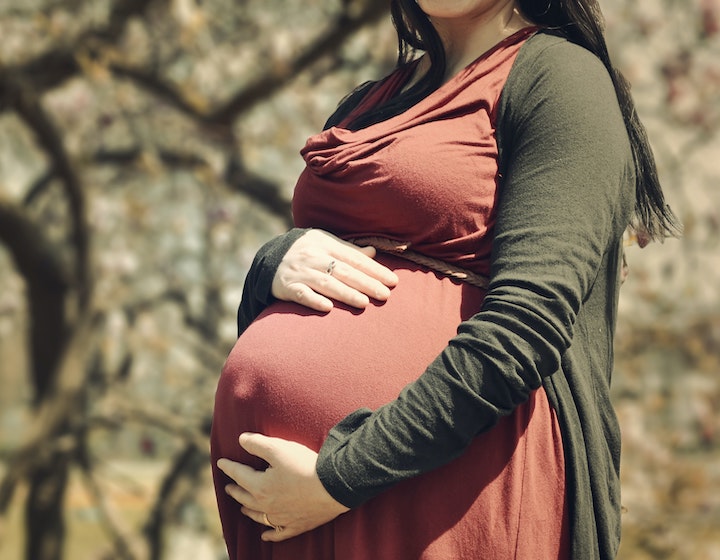
The Final Stretch Of Pregnancy: Movements Matter
If you’re in your third trimester, I’m sure you know this all too well. It’s certainly something that pregnancy health professionals are very passionate about. Around 26 to 28 weeks (sometimes earlier), your baby will have a distinct pattern of movements that become recognisable. Every pregnancy is different, so as a midwife it’s so important to make sure all pregnant women know that movements are the best indicator of how your baby is doing and coping inside.
If you notice movements have decreased or feel different, call your delivery ward or health professional and let them know. Even as a baby grows and gets bigger, their movements can feel more like rolling movements, but they will not decrease.
Preparing Your Mind And Body
Mental health in pregnancy is just as important as physical health. Meditation and mindfulness can equip you with the mental strength to have a positive birth experience and it’s a great self-care habit for after the baby’s arrival.
During pregnancy, we can prepare our minds by affirming what we already know – you are okay, you are safe, and your strong body is doing exactly what it is meant to do.
Preparing With A Birth Partner
A supportive birth partner is very important to your labour and birth experience. Research has shown that a supportive birth partner can increase birth satisfaction rate, higher rates of going into labour naturally, higher rates of normal delivery, lower rates of needing analgesia, shorter labours, less likely to have a c-section or instrumental delivery as well as better outcomes for the baby (assessed by APGAR score after birth).
If your partner is educated on how to help you during birth and the postpartum period, the more supported you will feel. And what’s also great is that your partner feels needed and helpful. Win-win! If you haven’t already, use those last few weeks to educate yourself and your partner and be aware of the choices you have for yourself and for your baby. Aside from your antenatal classes, talk to other pregnant mums, join social mum groups, etc. – this is an amazing way of building your village!
As the final stretch of pregnancy draws in and the time to meet the new little love of your life nears, I really encourage mums to talk about their feelings, fears and any thoughts they may have. This is known to help reduce any anxiety you may feel in those last few weeks and prepare you for the next, very exciting, chapter ahead.
Read more: 5 Tips For Birth Partners: How You Can Help During Labour
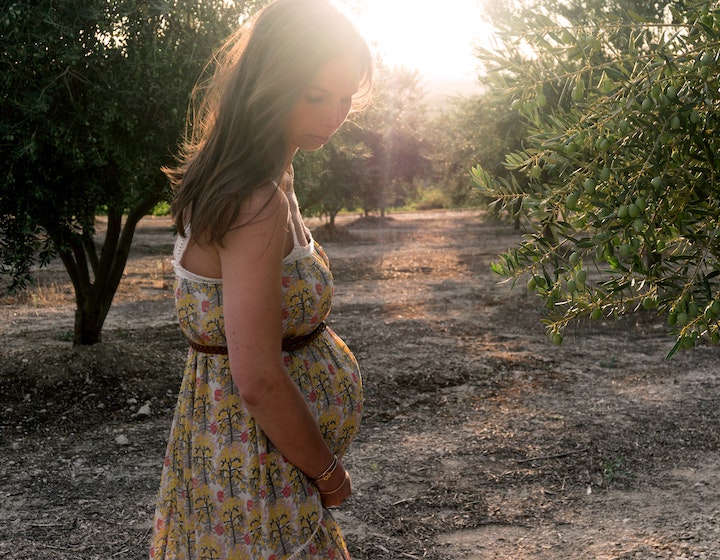
Self Care
Creating time for self-care and healthy habits during pregnancy is so important for your wellbeing both mentally and physically mama. If you are in your third trimester and feeling like you are struggling and can’t wait for bub’s arrival, here are some useful tips.
![]() Listen to your body: What does your body and mind need today? Rest? Coffee with your best friend or simply a big long cry to release all those emotions.
Listen to your body: What does your body and mind need today? Rest? Coffee with your best friend or simply a big long cry to release all those emotions.
![]() Exercise: This is such an important one for low-risk mamas and babies. If you can even get out for a 30-minute walk in the evenings, it can do you a world of good. Research shows that exercise throughout pregnancy also results in more optimal labour outcomes, shorter labours and better recovery postnatally.
Exercise: This is such an important one for low-risk mamas and babies. If you can even get out for a 30-minute walk in the evenings, it can do you a world of good. Research shows that exercise throughout pregnancy also results in more optimal labour outcomes, shorter labours and better recovery postnatally.
![]() Take prenatal vitamins: It is important to take your prenatal vitamins routinely. Most healthcare providers will recommend you take them even while breastfeeding and into your postpartum period.
Take prenatal vitamins: It is important to take your prenatal vitamins routinely. Most healthcare providers will recommend you take them even while breastfeeding and into your postpartum period.
![]() Prioritise your mental health: If you can, practise meditation, mindfulness, reading, singing or whatever makes you feel at peace. If you are feeling overwhelmed or anxious about the birth or impending motherhood, it is a good idea to talk with a counsellor or psychologist.
Prioritise your mental health: If you can, practise meditation, mindfulness, reading, singing or whatever makes you feel at peace. If you are feeling overwhelmed or anxious about the birth or impending motherhood, it is a good idea to talk with a counsellor or psychologist.
![]() Eat the rainbow: Fruits, vegetables, grains, nuts and beans, all of the good things for optimal nutrient intake whilst your body works so hard to continue to grow and nourish your baby.
Eat the rainbow: Fruits, vegetables, grains, nuts and beans, all of the good things for optimal nutrient intake whilst your body works so hard to continue to grow and nourish your baby.
![]() Be positive: I know some days you may feel tired, overwhelmed and “so over being pregnant”. But after a while, you will look back and realise how truly incredible you and your body are! Think of the near future where you will hold your little one in your arms – it’s closer than you think!
Be positive: I know some days you may feel tired, overwhelmed and “so over being pregnant”. But after a while, you will look back and realise how truly incredible you and your body are! Think of the near future where you will hold your little one in your arms – it’s closer than you think!
![]() Connect with your baby: Spend even 10 minutes per day with your hands on your bump. Talking, singing or reading to your bun in the oven can help you bond and connect. Remember, your baby can hear and recognise your voice!
Connect with your baby: Spend even 10 minutes per day with your hands on your bump. Talking, singing or reading to your bun in the oven can help you bond and connect. Remember, your baby can hear and recognise your voice!
![]() Get sunshine: Vitamin D makes us feel better and is essential for optimal health. Try to get some afternoon sun on your skin, mama.
Get sunshine: Vitamin D makes us feel better and is essential for optimal health. Try to get some afternoon sun on your skin, mama.
Read more: Your Breastfeeding Questions Answered By A Mama-Expert
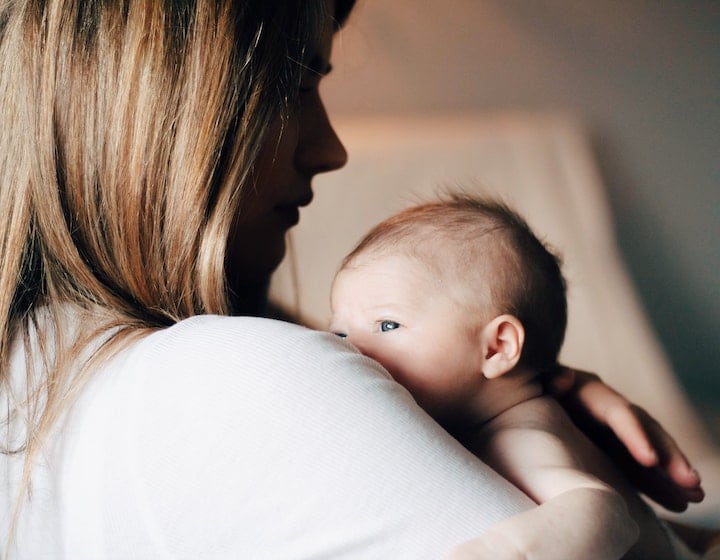
Postpartum Recovery Must-Haves
Heading into this final stretch of pregnancy, it’s great to have a checklist for items to pack for your postnatal recovery. You’ll want to enjoy every second of the newborn bubble, but it’s also a very important time to rest and recover.
- Maxi pads, as you will experience bleeding after birth
- Nursing bras. And remember, comfort is key!
- Lip balm. Every mama talks about how dry their lips are in labour
- Swaddles as you’ll soon understand the art of swaddling and realise how soothing it is to a newborn
- Soft, cotton underpants (if you are having a C-section make sure they are high waisted, above the wound)
- Breast and perineum gel packs (pro tip: keep some cabbage in the fridge, as cold cabbage leaves can help with engorged breasts)
Keep your hospital bag packed and ready, your parenting journey is about to begin!
Read more: How To Choose Baby Names And Avoid Disagreements
 View All
View All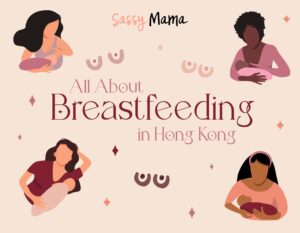


 View All
View All


 View All
View All

 View All
View All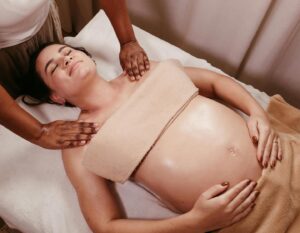

 View All
View All